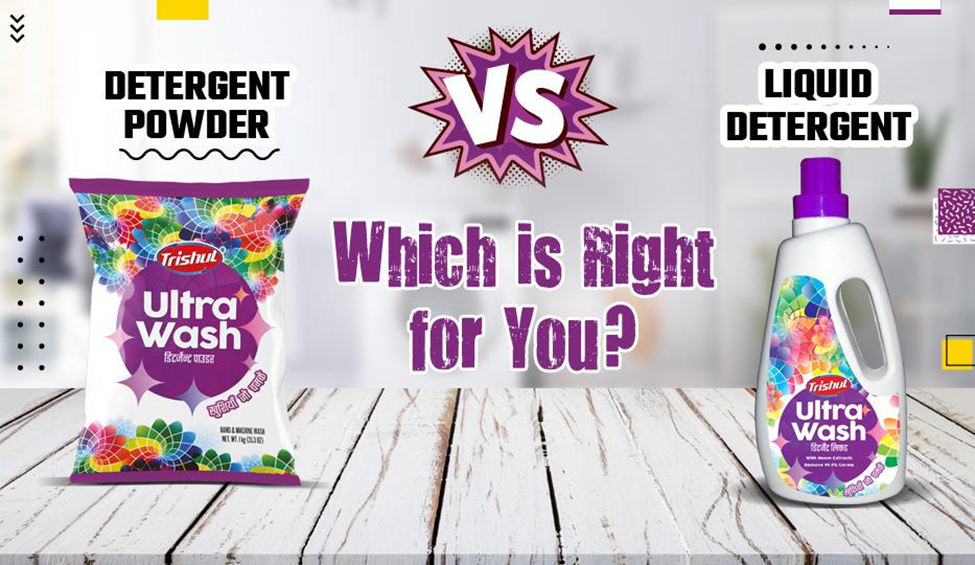The first major decision when developing a private label laundry detergent is choosing between a liquid or powder formula. This choice impacts your product’s cleaning performance, market positioning, cost structure, and environmental footprint. As a brand, understanding these differences is crucial for aligning your product with customer expectations and manufacturing capabilities. This guide provides a clear comparison to help you make an informed decision with your detergent manufacturer. This foundational choice is a key part of the broader process outlined in our Complete Guide to Private Label Laundry Detergent Manufacturing.

Cleaning Performance and Application: A Side-by-Side Analysis
The core function of any detergent is to clean. However, liquids and powders excel in different areas.
- Liquid Detergent Advantages:
- Pre-Treatment Capability: Liquids can be directly applied to stains before washing, offering a significant advantage for greasy or oily stains.
- Cold Water Solubility: They dissolve quickly and completely in cold water, making them ideal for modern, energy-efficient washing machines and cold-water wash cycles.
- Gentleness: Liquid formulas are often perceived as gentler on fabrics and colors.
- Powder Detergent Advantages:
- Heavy-Duty Cleaning: The mechanical abrasion of powder granules can be more effective at lifting ground-in dirt and mud from fabrics.
- Bleach Compatibility: Powder detergents often incorporate oxygen-based bleaching agents that are highly effective on stains like coffee, tea, and wine.
Cost, Sustainability, and Manufacturing Considerations
Beyond performance, practical business and environmental factors play a major role.
- Production and Packaging Cost:
- Powder: Typically has a lower cost per wash for both manufacturing and raw materials. Packaging is often simple cardboard, which is lightweight and recyclable.
- Liquid: Generally more expensive to produce and ship due to its water weight. It requires plastic bottles, though concentrates are improving this ratio.
- Environmental Impact:
- Powder: Has a lower carbon footprint for transportation due to its lightweight, compact form. However, some formulas may contain phosphates.
- Liquid: Heavier to ship, but the industry is shifting towards sustainable laundry detergent options, including ultra-concentrated formulas and plant-based ingredients, which reduce environmental impact. Explore this growing trend in our article on sustainable laundry detergent manufacturing.
How to Make the Final Decision for Your Brand
There is no one-size-fits-all answer. The best choice depends on your brand’s identity and target market.
- Choose Liquid If: Your target audience values convenience, pre-treating stains, and washing in cold water. Your brand is positioned on modern, easy-to-use solutions.
- Choose Powder If: Your brand focuses on cost-effectiveness, heavy-duty cleaning power, and has a market that uses top-loading or warmer-water machines.
Discuss these factors transparently with your laundry detergent manufacturer. They can provide insights into MOQs, production lead times, and customization options for each formula type, helping you finalize the best choice for your business.
Conclusion: Aligning Formula with Strategy
The liquid versus powder decision defines your product’s core identity. By carefully weighing performance, cost, and sustainability, you can select a formula that resonates with your customers and is viable to produce. This strategic alignment is the first step toward building a successful and differentiated laundry brand.
After finalizing your formula, the next step is to evaluate potential production partners. Learn the key criteria in our essential guide to evaluating laundry detergent manufacturers.